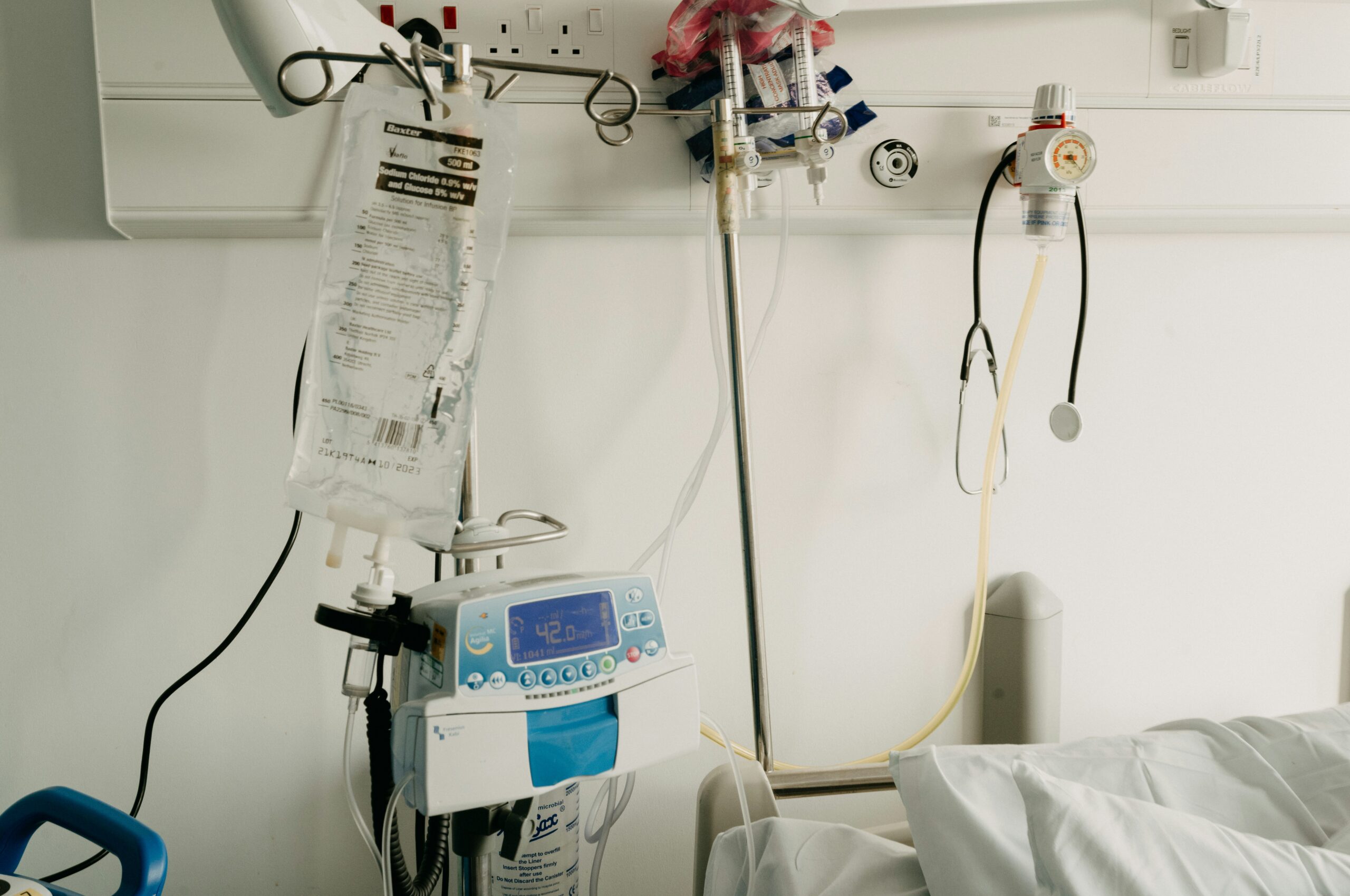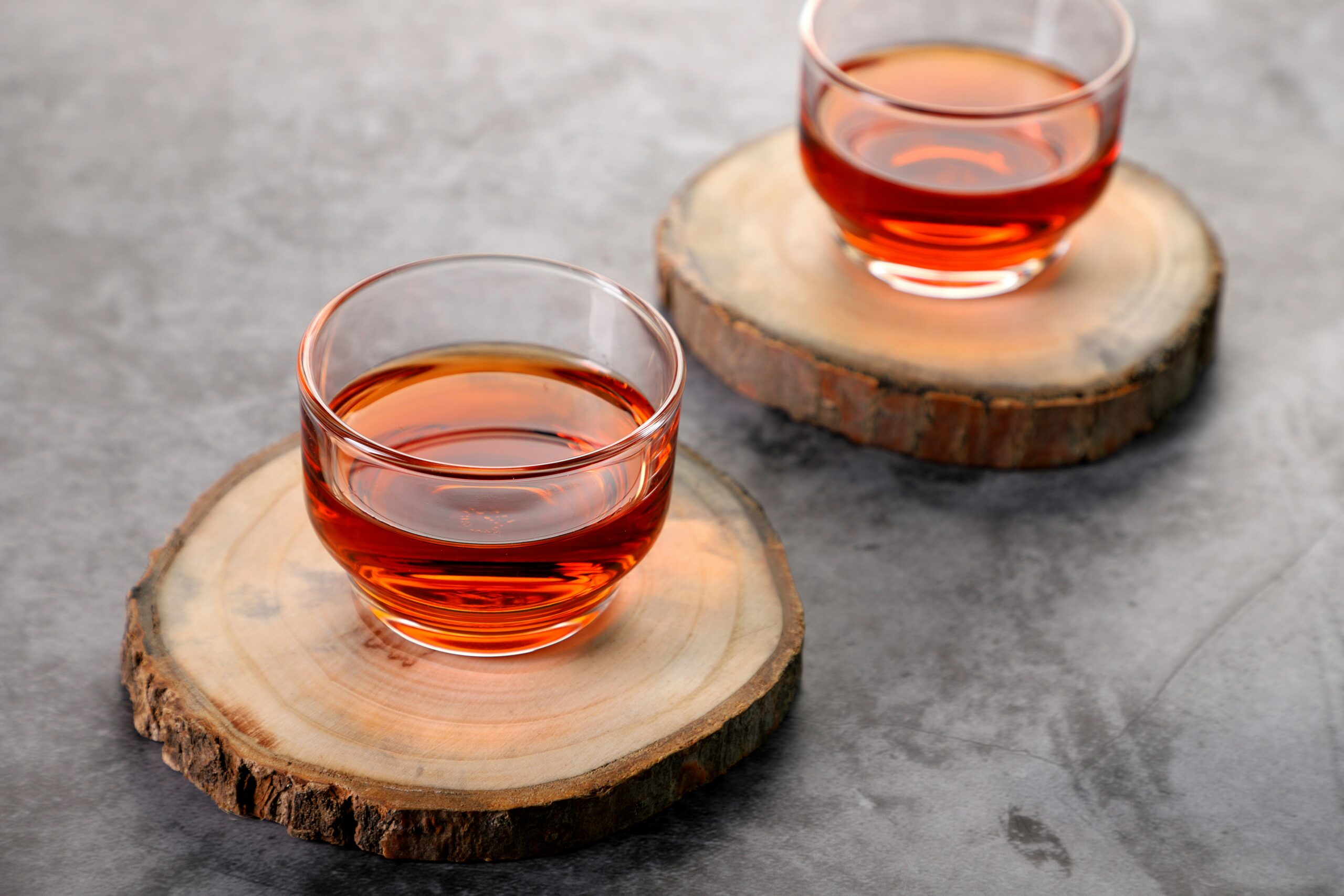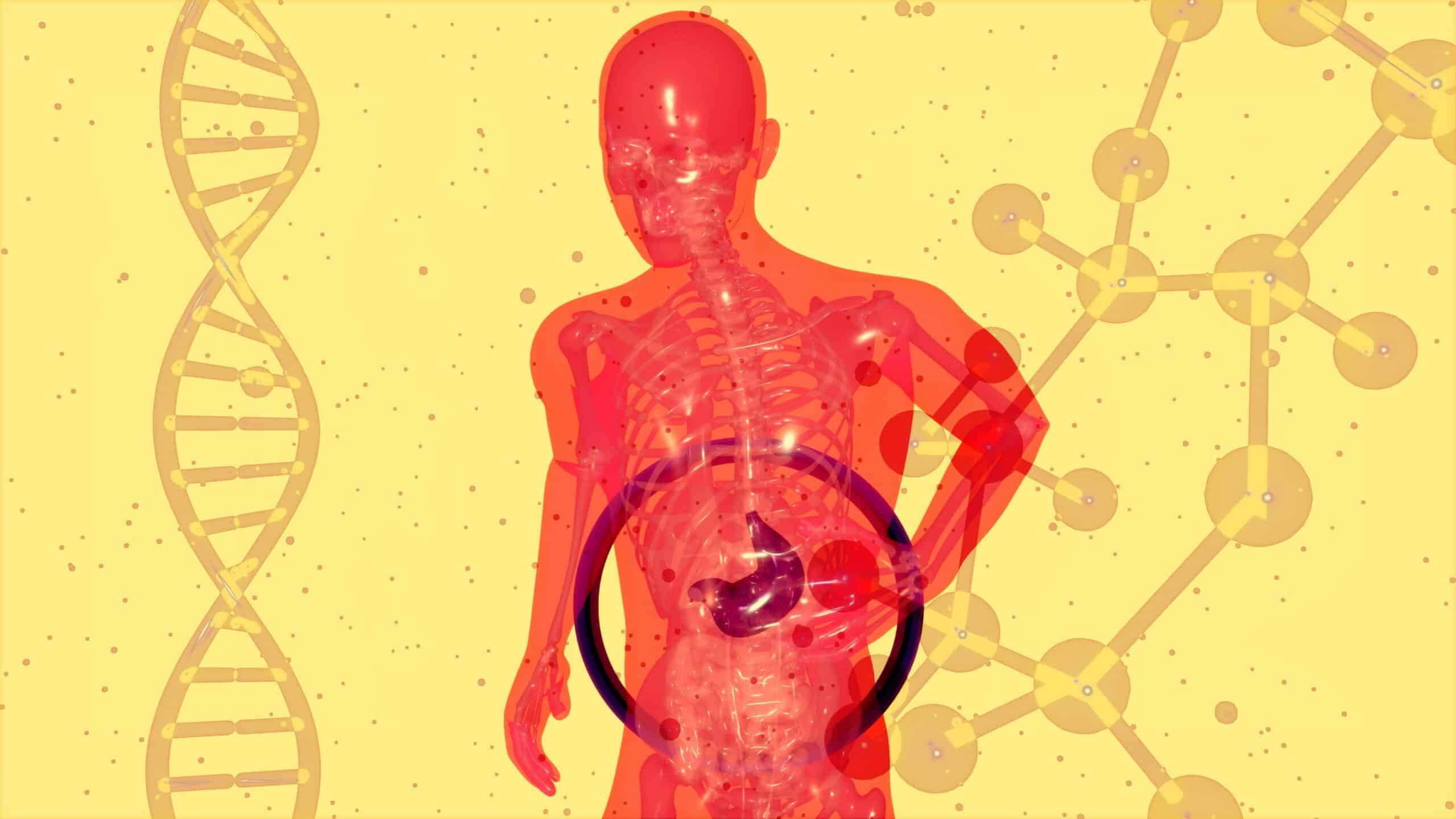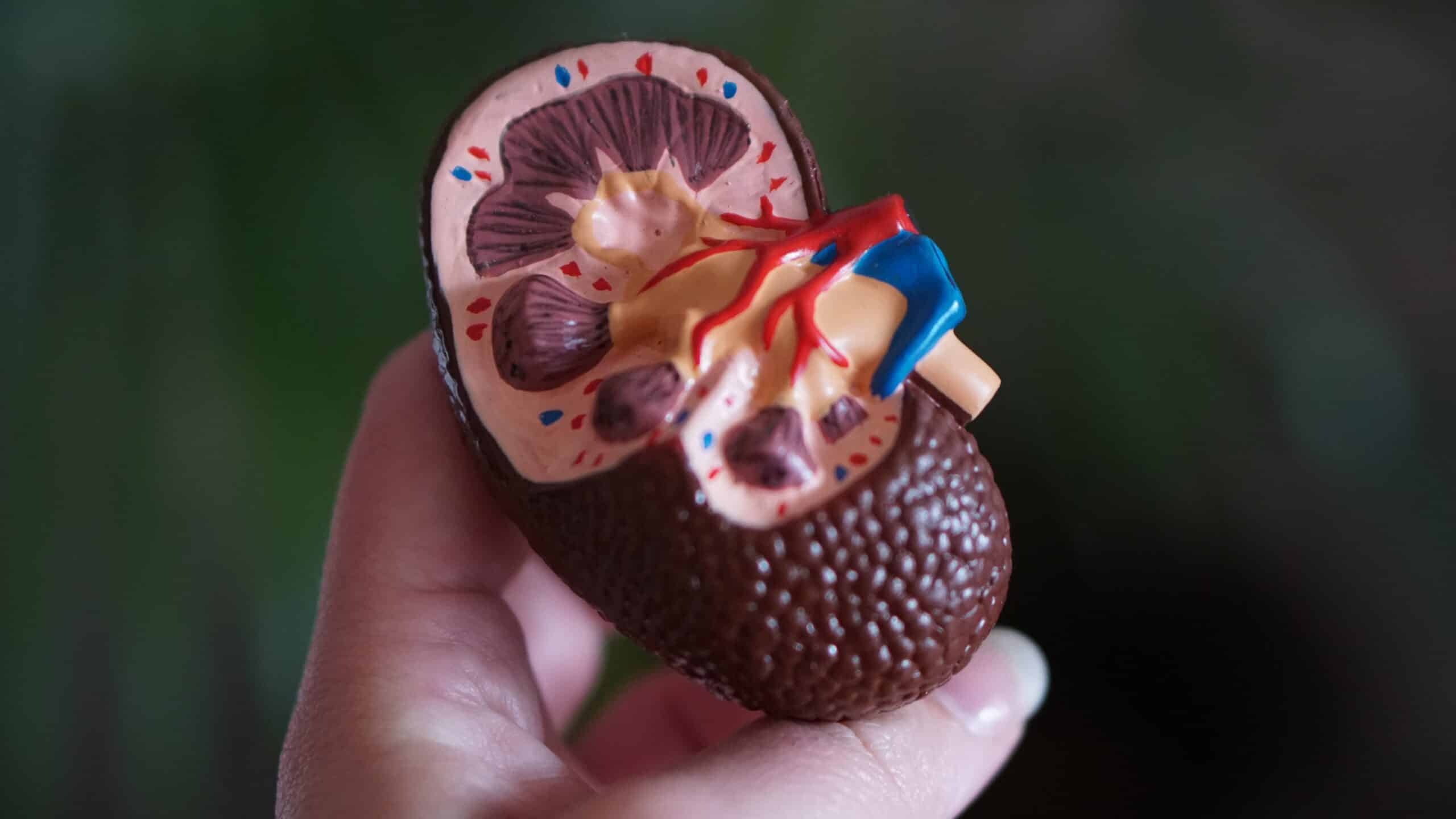How to Feel Good Without Drugs and Alcohol
By Michael Rass Many people who develop a substance use disorder started taking drugs or drinking alcohol to deal with difficult emotional states or simply to feel better. They unwittingly engage neural structures in the human brain responsible for motivation and wanting, that is, craving for a reward. It is a natural process that evolved over millions of years and has been crucial to the survival of our species. Whenever our ancestors found tasty food in the wild and ate it, chemicals in their brain would create a pleasurable sensation, thus motivating the person to repeat the experience. In a process known as “operant conditioning,” the strength of a behavior is modified by the behavior’s consequences. In The Righteous Mind, social psychologist Jonathan Haidt explains the central role of dopamine in this process: “All animal brains are designed to create flashes of pleasure when the animal does something important for its survival, and small pulses of the neurotransmitter dopamine in the ventral striatum (and a few other places) are where these good feelings are manufactured. Heroin and cocaine are addictive because they artificially trigger this dopamine response. Rats who can press a button to deliver electrical stimulation to their reward centers will continue pressing until they collapse from starvation.” Besides dopamine, the human brain employs several other chemical messengers to modify behavior. While pleasure is signaled by the release of dopamine, endorphins are released in response to pain and stress. Oxytocin reinforces bonding, and serotonin acts as an antidepressant. Persistent substance abuse will eventually almost totally diminish any ability to experience a natural high. Higher and higher doses of drugs and alcohol are required just to feel normal. The individual is trapped in the addiction cycle of trigger–substance use–high–withdrawal–repeat.
Return to a Natural High
In addiction treatment, the patient has to learn how to revert to natural forms of elation. At Lakeview Health, a very important element of recalibrating the reward system of the addicted brain is physical exercise. Exercise has many health benefits. It relieves and reduces stress. Exercise releases natural amounts of endorphins and dopamine, also known as runner’s high, which ultimately makes you feel good. Regular exercise helps improve sleeping patterns, provides greater energy, and generally enhances well-being, all of which make life more enjoyable and recovery more manageable. Exercise physiologist Lauren Stobbie supervises the wellness therapy program at Lakeview Health. She knows fitness is an integral part of the recovery process. It improves the mood of patients and can help counter anxiety and depression. Stobbie tracks how much progress patients are making and she works closely with their therapists.
“Any time you’re exercising you release endorphins and other neurotransmitters, which allows patients to experience that pleasurable state naturally without the use of alcohol or drugs. It also helps them deal with feelings of stress, anxiety, and depression that they go through. Being able to release those is a huge benefit of the exercise program,” says Stobbie. “A lot of research shows that patients who participate in an exercise program while they are in rehab have a more successful recovery afterward.”
Fitness regimes certainly played a crucial part in the recovery of former professional wrestler Jake “The Snake” Roberts and rock musician Duff McKagan. Wellness therapy at Lakeview is designed to meet the different needs and interests of individual patients. Participants can choose from many activities, including strength training, yoga, conditioning, and boot-camp-style classes. A lap pool is available for people who prefer to swim, and many older patients choose low-impact aquatic exercise. Fitness is not just for rehab. Regular exercise improves the mood of most people and strengthens their motivation. Like many other recovery tools, healthy exercise can be a powerful weapon in the battle against addiction.




